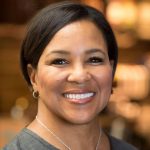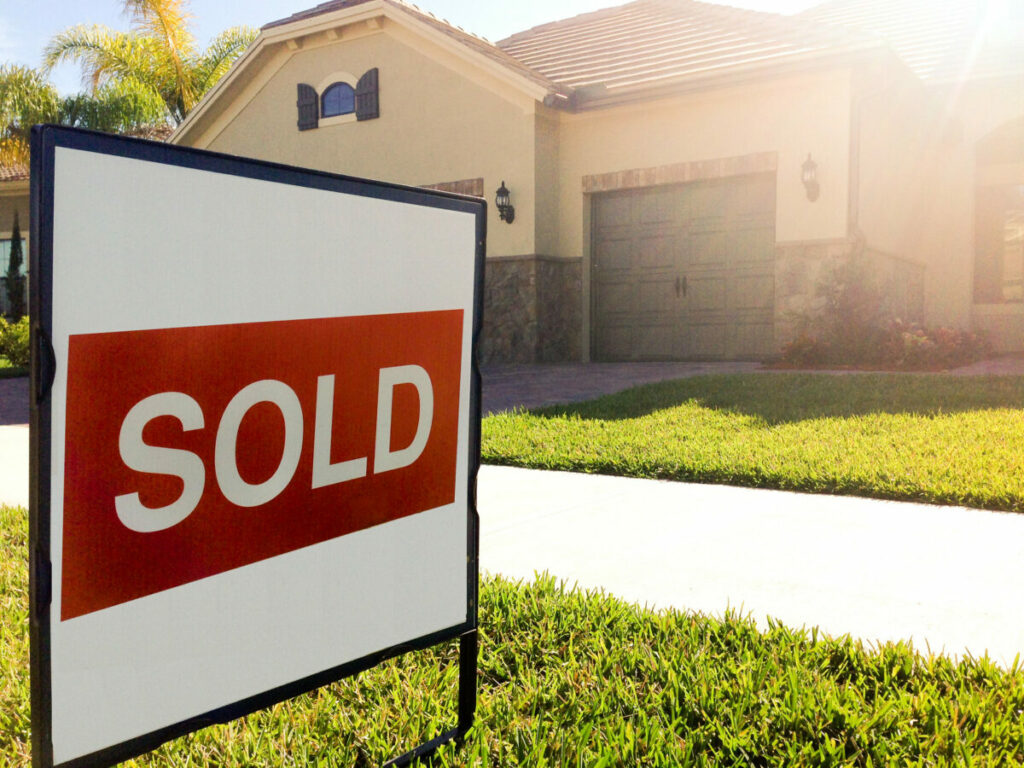
When New Jersey native Zuleha Jones reflects over her life, she has multiple wins: a master’s degree, a successful career as a special education teacher, zero student loan debt — and now, a home to call her own.
While Jones, 44, is single, she didn’t want her relationship status to prevent her from going after her dream. Her younger self, she admits, never “really wanted to buy a house without being married.” But as her parents reminded her that she was “wasting money renting,” and as she witnessed friends purchasing their own homes, she decided to procrastinate no longer.
“I had three apartments before I moved into this house,” said Jones, who purchased a one-and-a-half-bedroom townhome in Kearny, New Jersey, in 2023. “I moved into my first apartment at 22-years-old. Basically, 22 years later, I’m finally buying a house.”
Like Jones, more Black women are deciding to become homeowners without a married partner. A 2024 report released by the National Associations of Realtors found that single Black women now make up 29% of all Black homebuyers, far more than single Black men, who make up just 11%.
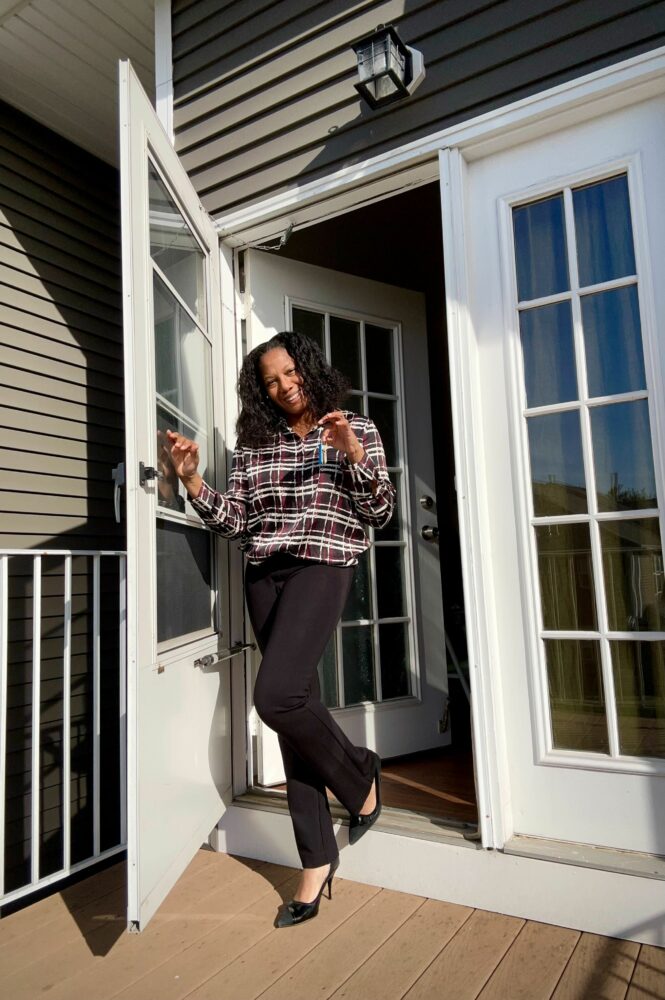
Since NAR’s first survey in 1981, homeownership rates among single women of all races and ethnicities have outpaced single men over a 40-year period, according to Jessica Lautz, deputy chief economist and vice president of research at NAR. But on a percentage basis, Black women lead in homeownership across other races of single women (20% white, 10% Asian, and 17% Latino).
The growing rate of single women homebuyers “really underscores” how important homeownership is to them, even amid the headwinds in the housing market, Lautz said.
Kesha Jontae, 37, is another single Black woman who decided she wanted a home after living in her mother’s house for years. But instead of purchasing an older one that would need renovations, Jontae, who lives in McDonough, Georgia, had one custom-built in 2021.
“For me, it wasn’t necessarily about saving the money, it was more about just getting it done upfront,” said Jontae, who is an income tax manager. “Instead of buying a house and moving in and living in a construction zone and having to do all this stuff — just go ahead and get it done.”
While she’s lived in the four-bedroom house for two years, the “new house high” still hasn’t worn off.
“This is mine,” Jontae said about her home. “Nobody else can claim this. It’s mine.”
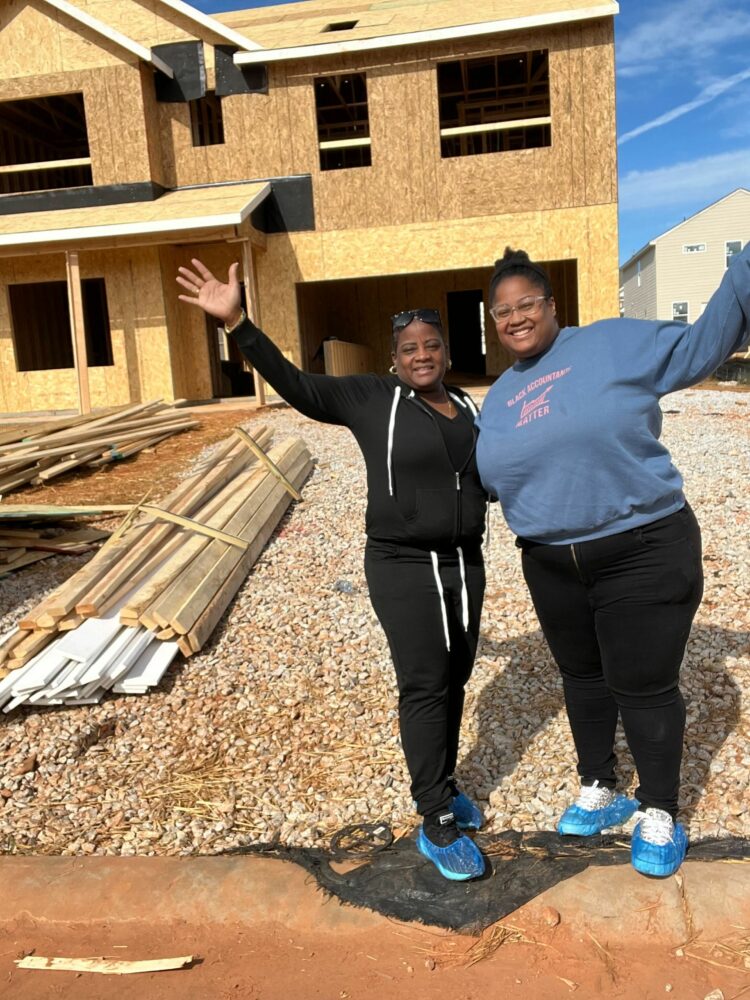
Why are more single Black women buying homes?
On a national level, there are various reasons why single women overall are outpacing the rates of single men buying homes. Another 2024 report by NAR found that single women overall are more likely to purchase homes out of their own desire to own one (29%), to be closer to friends and family (16%), changes in their family situation (12%) and retirement (4%). Single women are more likely to have children under 18 living in the home, and are also more likely than single men to purchase multigenerational homes.
In the past, single women have been subjected to significant barriers to accessing mortgages due to biases in the housing and mortgage industry. Before the passage of the Equal Credit Opportunity Act in 1974, it was legal for financial institutions to deny single women loans or require them to have a male co-signer. The Fair Housing Act of 1968, which banned discrimination in housing, also helped more women to become homeowners.
Historically, Black women have always contributed to overall household income, often taking service jobs that white women did not want to perform, according to Andre Perry, a senior fellow at the Brookings Institution and a known commentator on race, structural inequality and education. Black men could not contribute at the same levels as their white counterparts, and this combination enabled more Black women to be head of households, he added.
In recent years, “there’s been a rise in Black educational, economic strength among Black women,” Perry said.
At the same time, the loss of blue-collar jobs and racial disparities in the criminal justice system have led to lower homeownership rates among Black single men, according to Perry. In 1970, blue-collar jobs made up 31.2% of nonfarm employment, but by 2016, the rate decreased to 13.6%, according to the Center for Economic and Policy Research. Disproportionate imprisonment is also a significant barrier. For Black men, the rate is 1,807 per 100,000, the highest among any other racial group, according to 2022 data from the U.S. Department of Justice.
“There’s literally a fraction of Black males [missing] from the pool of potential homebuyers, and the incomes and wealth associated with purchasing also is lost,” Perry said. “Once you enter the criminal justice system, it’s harder to get a job or get a stable job, harder to get housing.
When it comes to housing, it’s important to recognize the role that both “sexism and racism plays together,” Perry said.
Obstacles in the journey
While more single Black women are buying homes, they still face challenges. Discrimination in housing continues to exist, with one study from the Center for American Progress finding that Black female renters in 17 states were evicted at at least double the rate of white renters.
Black women also bear more student loan debt than any other group, in part because of lower wages, childcare costs and lack of family wealth, according to 2022 data from the nonprofit Education Trust.
Before Anna Be bought her four-bedroom home in 2021, she had concerns about $100,000 in student loan debt that she acquired attending Youngstown State University in Ohio and the Community College of the Air Force in Alabama. While the military offered her a choice between covering her student loans or paying her a $20,000 stipend, Be, — who was “really really young” at the time — decided to take the money — a decision she later regretted.
“Now, my older self would have said, ‘pay my student loans,’” said Be, who lives in Youngstown.
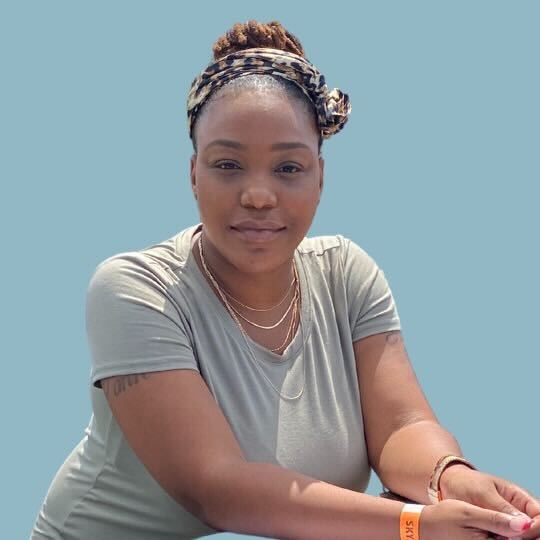
Be also had to fix her credit score, raising it from 500 to 750 by writing letters to creditors and scaling back on retail credit cards.
Be, who herself has a personal finance blog for single mothers called “Singled Out Wealth,” says she consulted social media and other sources to learn how to navigate the homebuying process. “In this day and age,” she says, “there’s so many apps and businesses that are there to just make your life a lot easier.”
Some include The Black Homeownership Collaborative, a nonprofit that connects Black prospective homeowners with real estate professionals; and the Facebook group “Black Girlz Have Good Credit 2,” where more than 25,000 members get practical advice for fixing their credit scores.
“Not to say that you don’t need a man or anything like that — partnership is important,” Be continued. “But it is doable to own a home by yourself as a Black woman.”
Be, who is a single mother, says she purchased her home mostly for her children. While serving in the military, she had to move with her children every two years, and at one point, she became just “really tired of that cycle,” she said.
“I really just wanted somewhere where my kids can just, like, come back to,” Be said.
Teairra Jones, a realtor based in southern Maryland, says a majority of her clients are now single Black women, ranging between the ages of 25 to 40. She also recently helped a young Black woman with a partner buy her own home, as her male partner had purchased a home on his own.
“People are saying, ‘okay, I’m getting older…and I’m not married yet. So, why would I hold back?’”
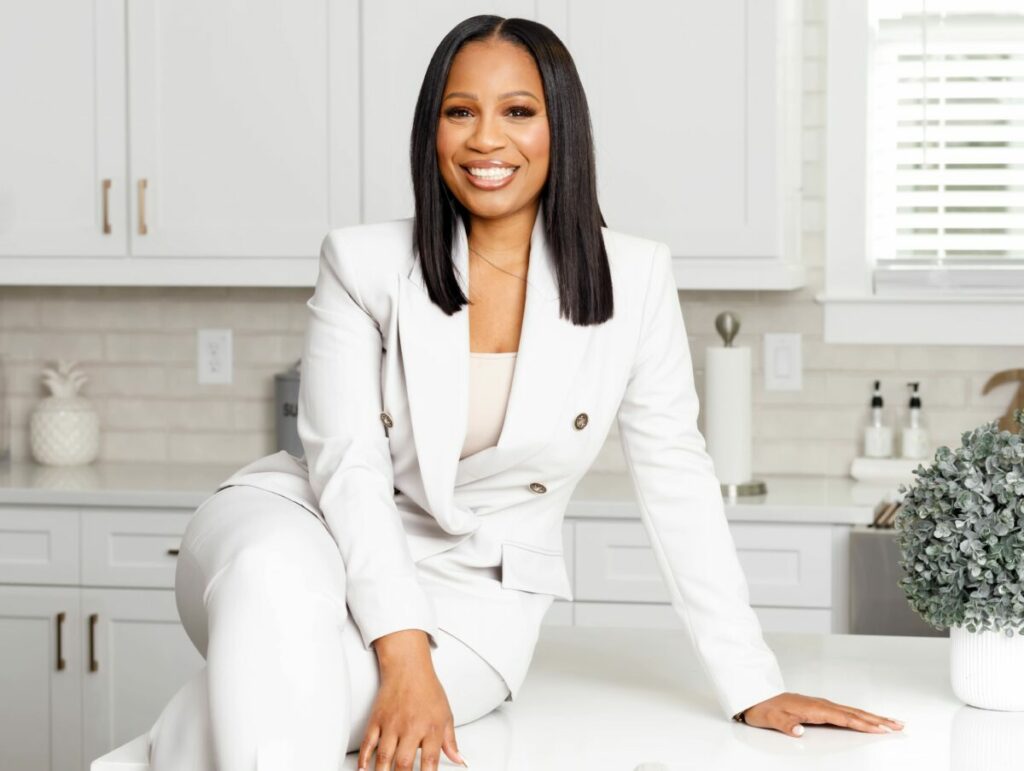
In New Jersey, that’s exactly what Zuleha Jones was thinking when she purchased her townhome. “The woman who I bought the house from was also single with no kids,” she said. “We were happy to see each other.”
While she originally thought people were exaggerating on how great having a home feels, Jones now understands.
“It was very much so an awesome feeling,” she said. ◼


